To provide the best experiences, we use technologies like cookies to store and/or access device information. Consenting to these technologies will allow us to process data such as browsing behaviour or unique IDs on this site. Not consenting or withdrawing consent, may adversely affect certain features and functions.
The technical storage or access is strictly necessary for the legitimate purpose of enabling the use of a specific service explicitly requested by the subscriber or user, or for the sole purpose of carrying out the transmission of a communication over an electronic communications network.
The technical storage or access is necessary for the legitimate purpose of storing preferences that are not requested by the subscriber or user.
The technical storage or access that is used exclusively for statistical purposes.
The technical storage or access that is used exclusively for anonymous statistical purposes. Without a subpoena, voluntary compliance on the part of your Internet Service Provider, or additional records from a third party, information stored or retrieved for this purpose alone cannot usually be used to identify you.
The technical storage or access is required to create user profiles to send advertising, or to track the user on a website or across several websites for similar marketing purposes.
 Team-based collaborative work is increasing as people in the UK now spend 55 percent of their time working with others, according to new Steelcase research. This global trend toward collaboration is critical for organisations which need to quickly generate new ideas and solve complex problems; yet, the new study suggests many workplaces do not support this team-based work. (more…)
Team-based collaborative work is increasing as people in the UK now spend 55 percent of their time working with others, according to new Steelcase research. This global trend toward collaboration is critical for organisations which need to quickly generate new ideas and solve complex problems; yet, the new study suggests many workplaces do not support this team-based work. (more…)







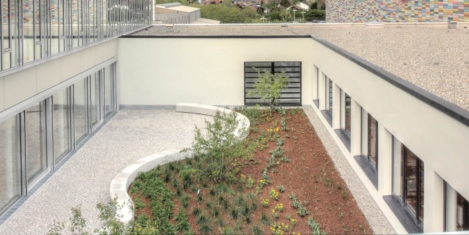
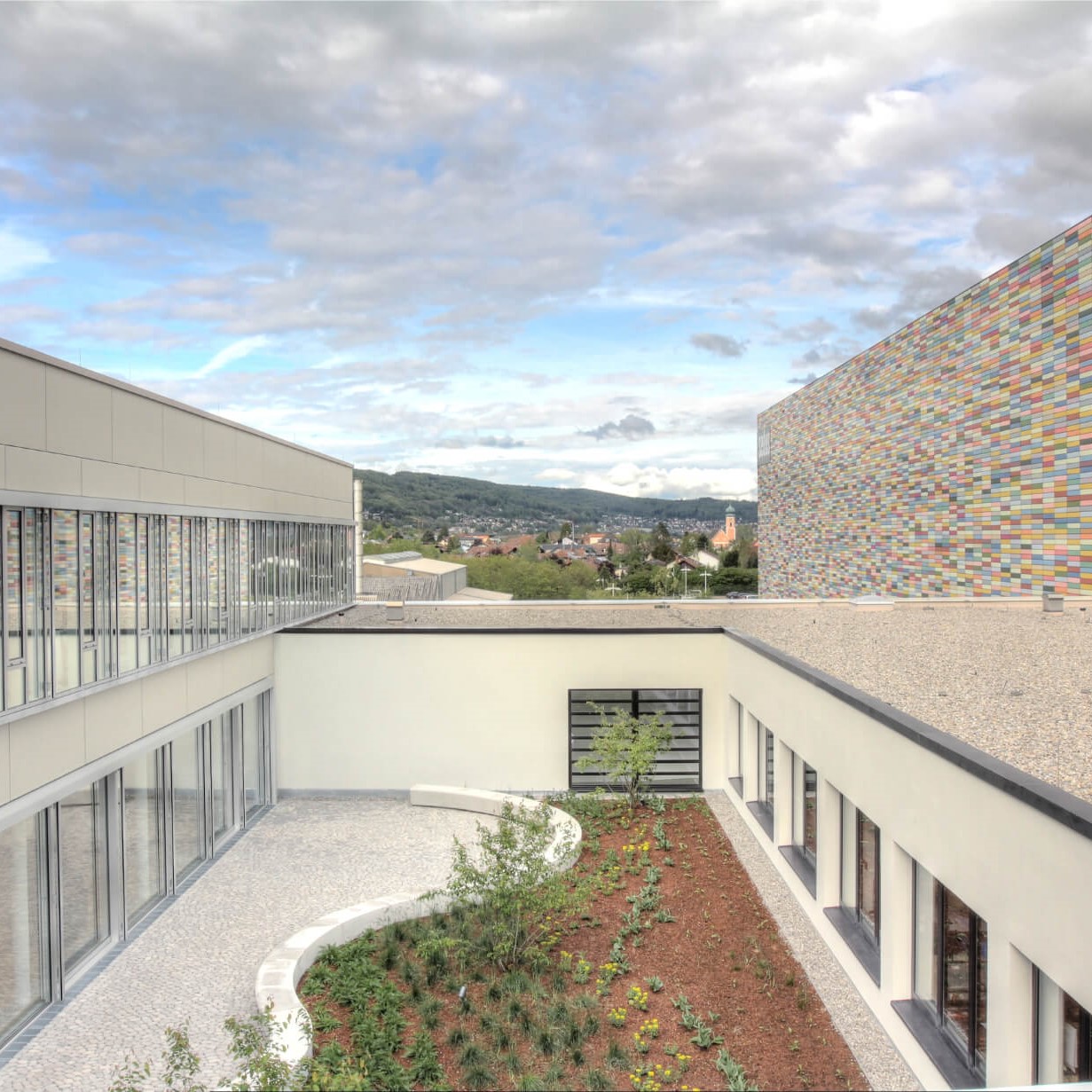


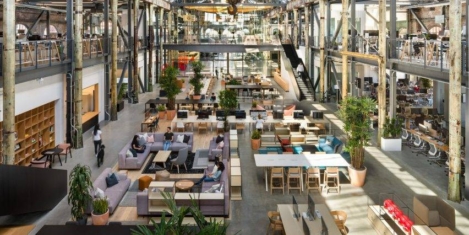







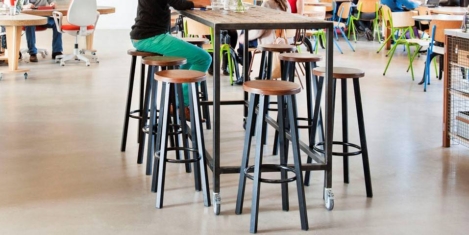
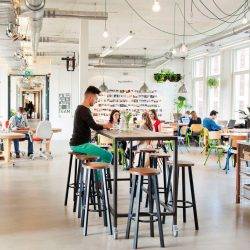


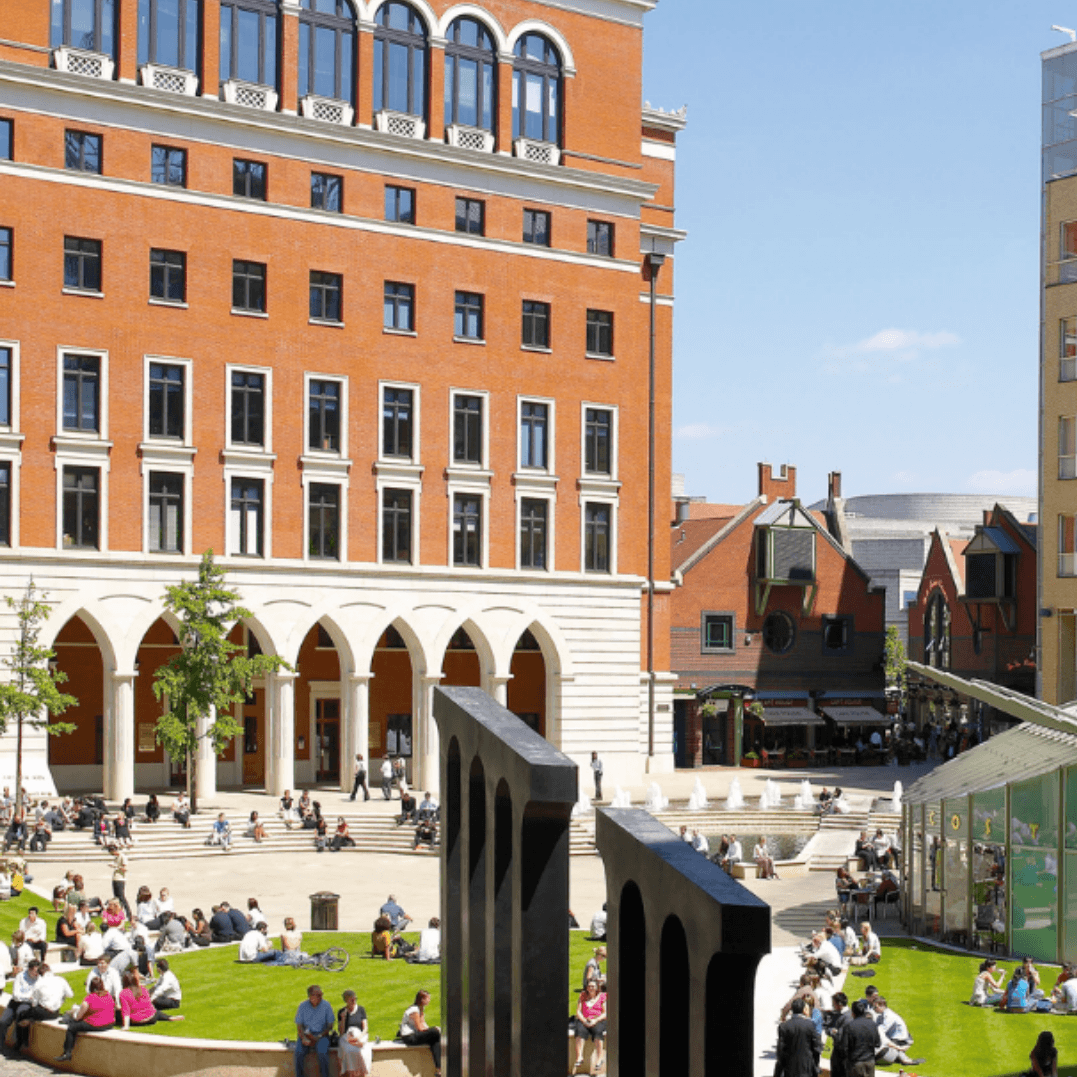









July 18, 2019
Ergonomics regulations are no longer fit for purpose
by Mark Eltringham • Comment, Legal news, Technology, Workplace, Workplace design
(more…)